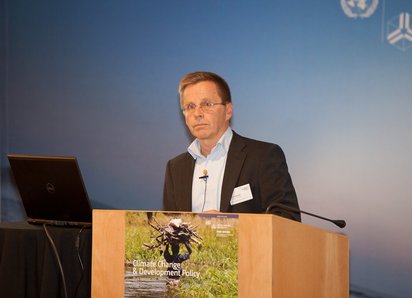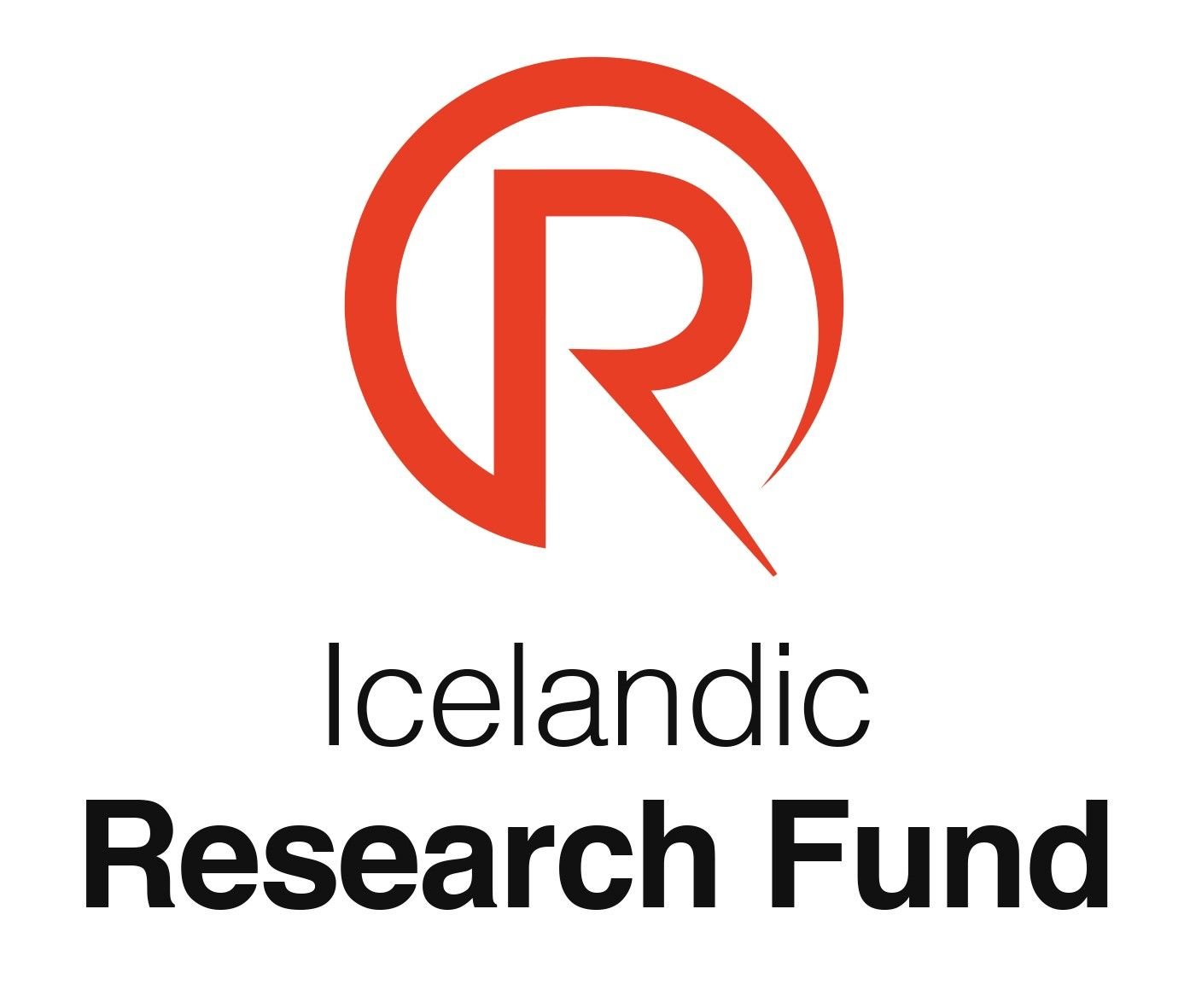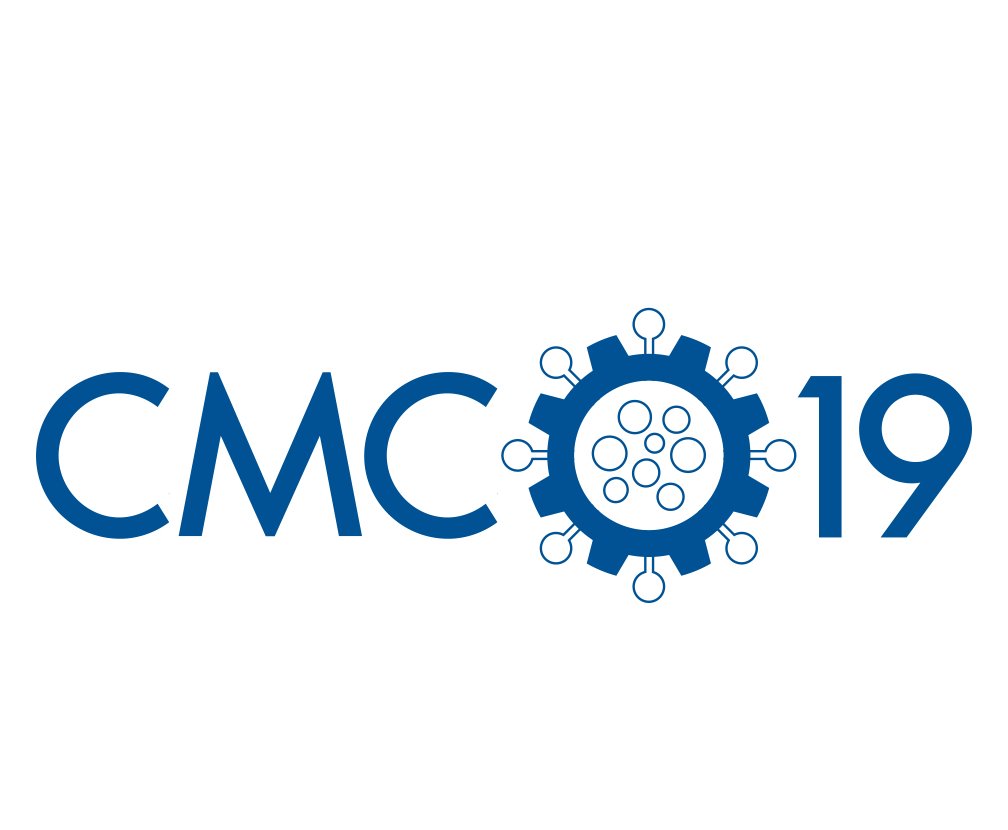
CMC-19
Centre for Small State StudiesThe COVID-19 pandemic was a transboundary crisis characterized by great complexity. It posed an urgent threat to basic structures and fundamental values of nation states and forced leaders to take major decisions under pressure and deep uncertainty. This project will establish a network of leading scholars in the field of crisis management that will analyse and evaluate the strategic responses of Iceland, Norway, Sweden, Finland and Denmark to the COVID19 crisis, sharing experiences and best practices. The aim is to strengthen resilience and coordination between the Nordic countries for future intra-national crisis management.
The COVID-19 pandemic was a transboundary crisis characterized by great complexity. It posed an urgent threat to basic structures and fundamental values of nation states and forced leaders to take major decisions under pressure and deep uncertainty. This project will establish a network of leading scholars in the field of crisis management that will analyse and evaluate the strategic responses of Iceland, Norway, Sweden, Finland and Denmark to the COVID19 crisis, sharing experiences and best practices. The aim is to strengthen resilience and coordination between the Nordic countries for future intra-national crisis management. The consortium will use a renowned comparative case study framework on crisis management that has been developed to analyse decision-making and policy-making dynamics in extraordinary situations. The different population size of the Nordic countries presents an opportunity to evaluate to what extent the size of a state’s public administration and governance can potentially influence the way in which it responds to a crisis situation. Research shows that there are fundamental differences between the functioning of governance in small and large states - differences that have not been adequately addressed in the crisis management literature. The different strategies that the culturally similar Nordic countries have opted for provides an excellent laboratory to study both the effectiveness of their approaches to crisis management and regional cooperation.










